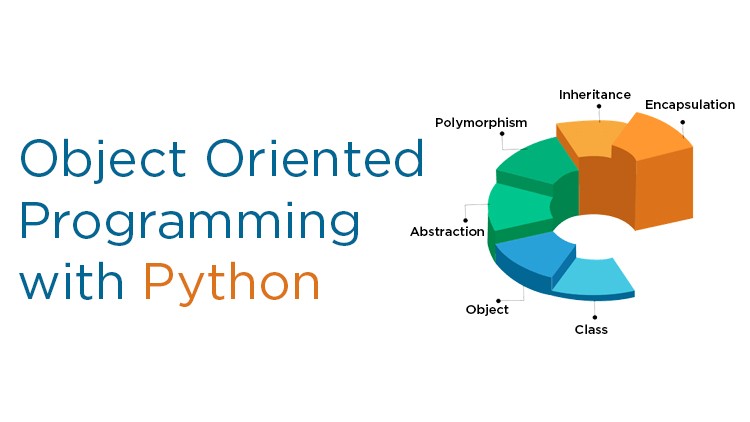Python is one of the most popular programming languages today, not only for its simplicity but also for its powerful support for OOP. Understanding OOP is essential if you want to write efficient, reusable, and organized code. In this blog, we will explore how Python implements OOP principles, why they are important, and how you can start using them in your projects.
Table of Contents
What is Object Oriented Programming?
Object Oriented Programming is a method of programming that organizes software design around data or objects rather than functions and logic. In Python, everything is an object including integers, strings, and functions. Each object belongs to a class that defines its properties and behaviors. This structure allows developers to write modular and maintainable code that mirrors real-world concepts.
If you want to understand more about how Python handles objects and memory, you can read the official Python documentation on Python.org.
The Four Pillars of OOP in Python
OOP is built upon four main concepts: Encapsulation, Inheritance, Polymorphism, and Abstraction. Let’s look at how Python applies each one of them.
Encapsulation
Encapsulation refers to bundling data and the methods that operate on that data within one unit a class. It also helps restrict direct access to some of an object’s components, protecting the integrity of the data.
Example:
class Car:
def __init__(self, brand, speed):
self.brand = brand
self.__speed = speed # private attribute
def accelerate(self):
self.__speed += 10
print(f"Speed: {self.__speed}")
Here, __speed is private and cannot be accessed directly outside the class. This prevents unintended modifications to important data.
Inheritance
Inheritance allows one class to derive the properties and behaviors of another class, promoting code reusability.
Example:
class Vehicle:
def __init__(self, name):
self.name = name
class Car(Vehicle):
def drive(self):
print(f"{self.name} is driving")
With inheritance, the Car class inherits attributes from the Vehicle class, which saves time and avoids redundancy.
Polymorphism
Polymorphism enables objects of different classes to be treated as objects of a common superclass. It allows a single interface to represent different types of actions.
Example:
class Bird:
def sound(self):
print("Chirp")
class Dog:
def sound(self):
print("Bark")
for animal in [Bird(), Dog()]:
animal.sound()
Both classes define a sound() method, but each behaves differently based on the object type.
Abstraction
Abstraction hides complex implementation details and shows only the necessary parts of an object. This is usually done using abstract classes or interfaces.
Example:
from abc import ABC, abstractmethod
class Shape(ABC):
@abstractmethod
def area(self):
pass
The Shape class provides a blueprint, ensuring all derived classes must implement the area method.
Why Use OOP in Python?
OOP helps you structure programs more efficiently, especially for large-scale projects. It promotes code reuse, reduces duplication, and improves readability. Developers using Python for data science, web development, and game design often rely on OOP for scalability and maintainability.
Real World Example
Consider a banking system where you need to manage customers, accounts, and transactions. Using OOP, you can define a base class Account and create specialized subclasses like SavingsAccount or CurrentAccount, each having its unique behavior. This reduces code duplication and makes the program more modular and easier to maintain.
Best Practices for OOP in Python
- Keep your classes small and focused on a single responsibility.
- Use meaningful class and method names for clarity.
- Leverage inheritance wisely; avoid deep hierarchies.
- Make use of Python’s built-in functions like
super()to call parent class methods. - Always follow the DRY principle (Don’t Repeat Yourself).
Conclusion
Object Oriented Programming in Python provides a strong foundation for writing robust and scalable applications. By mastering OOP principles like encapsulation, inheritance, polymorphism, and abstraction, you can significantly improve your development workflow. Whether you are building a machine learning model, a web application, or an automation script, OOP can make your Python code more organized and easier to manage.
Also Check How to Secure Your IoT Devices from Hackers in 2025

